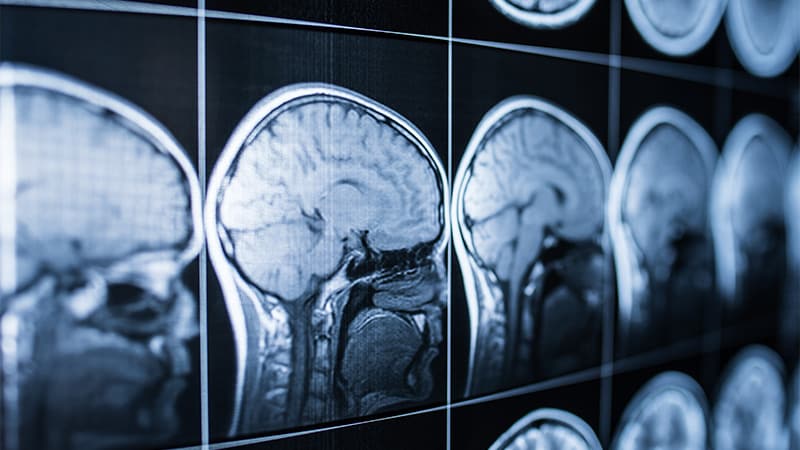Discovery of a Novel Autoimmune-Mediated Form of Vitamin B12 Deficiency Affecting the Central Nervous System
The researchers investigated a puzzling case of a 67-year-old woman presenting with neurological symptoms despite normal blood B12 levels. Using an unbiased screening approach, they discovered that the patient had autoantibodies targeting the CD320 receptor, which is important for cellular uptake of B12.
Further investigation revealed that these anti-CD320 autoantibodies impaired the transport of B12 across the blood-brain barrier, leading to B12 deficiency specifically in the central nervous system. This condition, termed "autoimmune B12 central deficiency (ABCD)", was found to be present in a small percentage of healthy individuals and was nearly four times as prevalent in patients with neuropsychiatric systemic lupus erythematosus (SLE) compared to those with non-neurologic SLE.
The researchers also identified an alternative pathway for B12 uptake in blood cells, which may explain why patients with anti-CD320 autoantibodies did not show peripheral signs of B12 deficiency. This discovery suggests that ABCD represents a new autoimmune disease affecting the central nervous system.
Customize Summary
Rewrite with AI
Generate Citations
Translate Source
To Another Language
Generate MindMap
from source content
Visit Source
www.medscape.com
Form of B12 Deficiency in CNS May Be New Autoimmune Disease
ข้อมูลเชิงลึกที่สำคัญจาก
by Lucy Hicks ที่ www.medscape.com 07-01-2024
https://www.medscape.com/viewarticle/form-b12-deficiency-affecting-central-nervous-system-may-be-2024a1000c5q
สอบถามเพิ่มเติม
